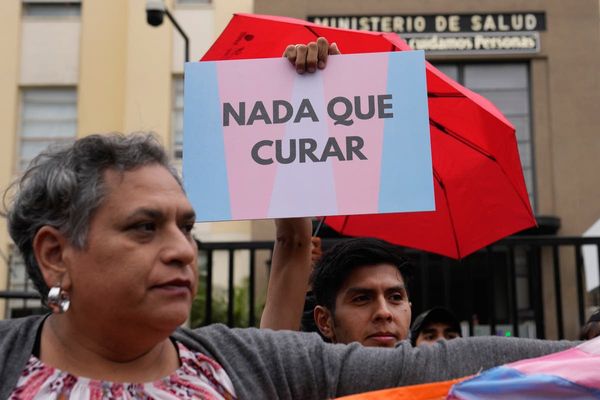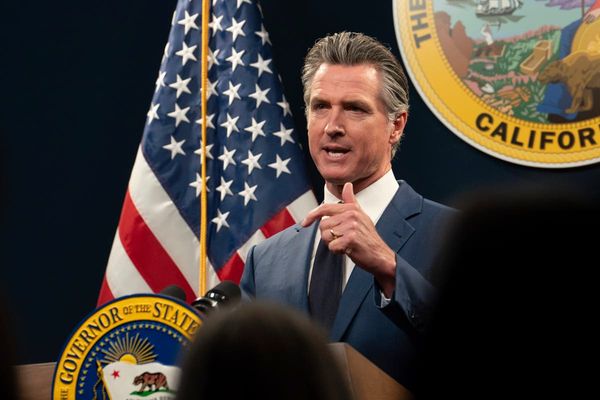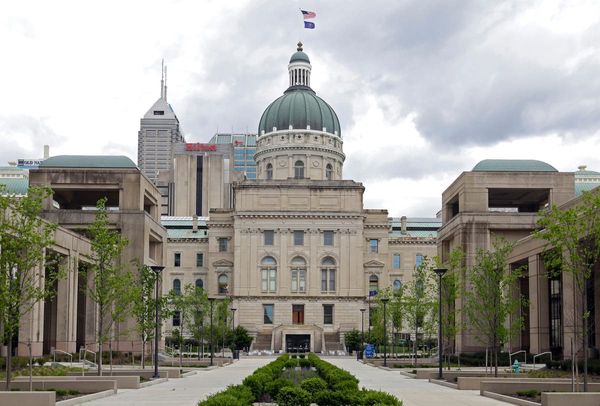
New Zealand's National Day, also known as Waitangi Day, is just around the corner, but this year it comes with a sense of anticipation and unease. As the country prepares to commemorate the signing of the Treaty of Waitangi on February 6, 1840, tensions are rising, and protests are expected to take place all across the nation.
The protests stem from the ongoing frustration regarding indigenous policies, particularly the treatment of Māori people in New Zealand. While the country has made significant progress in acknowledging and addressing historical injustices suffered by Māori, including the signing of the Treaty of Waitangi, many believe that more needs to be done to ensure equity and reconciliation.
One of the key issues that has sparked these protests is the rising inequality faced by Māori communities. Despite efforts to close the gap, disparities in health, education, employment, and housing between Māori and non-Māori remain prevalent, and activists argue that not enough is being done to combat these systemic issues.
In addition to inequality, there are concerns about the protection of Māori culture and language. While New Zealand prides itself on being a multicultural nation, there are worries that Māori traditions and customs are being eroded over time. Some activists argue that greater support and resources should be allocated to preserving and promoting Māori culture, ensuring that it thrives for generations to come.
Another contentious topic is the use of land and resources. There have been ongoing disputes over land rights, particularly regarding resource extraction and development projects. Many Māori communities feel that their voices are not being adequately heard and that their interests are often disregarded when it comes to decision-making processes.
The planned protests on Waitangi Day aim to draw attention to these issues and put pressure on the government to take action. Demonstrations will likely take various forms, including peaceful marches, rallies, and public gatherings, where activists will voice their concerns and demand change.
Prime Minister Jacinda Ardern has acknowledged the importance of these protests as a means for people to express their discontent and concerns. Her government has pledged to prioritize working with Māori communities to address issues of inequality, cultural preservation, and land rights. Ardern has stressed the importance of an inclusive society that uplifts Māori voices and celebrates their unique heritage.
However, the road to progress may not be easy, as there are diverse opinions on the best way forward. Balancing the interests of different communities within New Zealand is a complex task, but one that is crucial for fostering a more inclusive and equitable society.
While Waitangi Day is traditionally a time for celebration and reflection, this year it is likely to be marked by calls for change and for the government to address the concerns of the Māori community. The protests on this national holiday serve as a reminder that the journey towards true reconciliation is ongoing and that it requires continued commitment and action from all parties involved.







